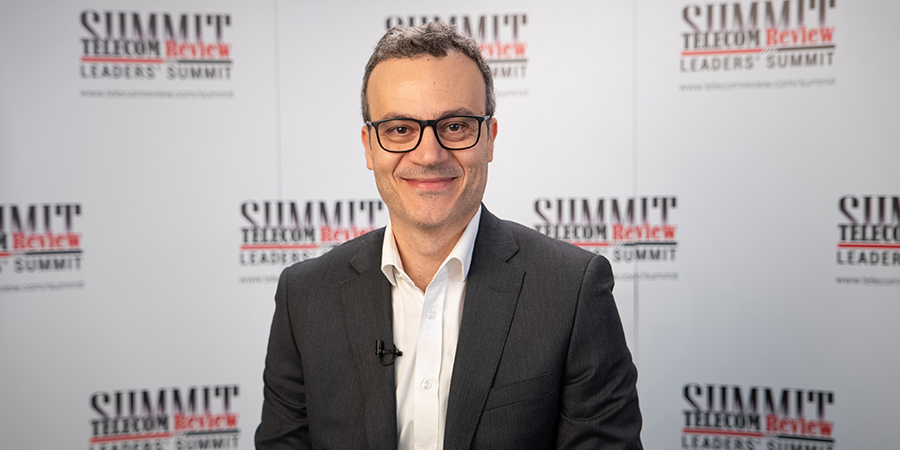During the 17th Telecom Review Leaders’ Summit, Chafic Traboulsi, Vice President & Head of Networks, Ericsson Middle East, engaged in an exclusive interview with Telecom Review, where he highlighted their 5G and network innovations, as well as the Middle East’s evolving connectivity demands.
What is the importance of accelerating the deployment of 5G-Advanced? What are the key innovations of Ericsson with regards to this?
I believe 5G-Advanced is an excellent enhancement to our existing 5G infrastructure, elevating it to a new level. The primary highlight is sustainability, with our impressive equipment portfolio designed to be highly energy-efficient. As an example, I was at COP28, and I was meeting with Etisalat and we are showcasing a site where we reduced power consumption by 48%.
5G-Advanced is further enhancing our capabilities by incorporating AI features, enabling us to save even more power. This is achieved by dynamically adjusting the beams on the 5G massive MIMO to align with the traffic; and reducing power on specific transmission branches where it's not necessary. All of these adjustments occur in real-time during the radio's active usage.
The second aspect is enhancing the use cases. Some of the use cases like XR have limitations due to the uplink capabilities of the technology. With 5G Advanced, we're going to fix that. 5G-Advanced is introducing enhancements, particularly in the uplink, and leveraging AI to provide an improved experience. This includes the introduction of features related to, for instance, interference sensing. We're going to be able to sense and manage interference in a better way than what we were doing before.
From your perspective, in 2023, what have been the key connectivity demands in the MEA region? How did Ericsson respond to these demands?
In 2023, we saw a lot of 5G expansion happening in the Middle East. We saw the densification of 5G and additional bands that were added to the existing one. We're lucky in the Middle East because we already have, in most of the GCC countries, two carriers for 5G, and they have now been filled. We are seeing that most of the operators that own two carriers are utilizing C-band and band 41 or C-band and band 40.
We're also seeing some cities expand dramatically in size, such as Dubai and Riyadh. Thus, a lot of new sites are being built to cater for this population expansion that is being driven by the flamboyant economy and 2030 plans; making the economy more dynamic, and growing the size of the cities in these countries.
As per Ericsson’s latest Mobility Report, global mobile data traffic is set to triple in six years. How will Ericsson focus on ensuring a comprehensive network experience for users?
Our initiatives with customers go beyond simply deploying additional bands and increasing the number of sites. We also furnish them with exquisite and very precise data on their network consumption. This is achieved by gathering crowd-sourced performance information, enabling them to make informed decisions on where to allocate their resources. We call it smart CapEx. We look at the sites, we see which sector needs expansion, and we help them. This will assist our industry in meeting the demands of this amazing level of consumption.










